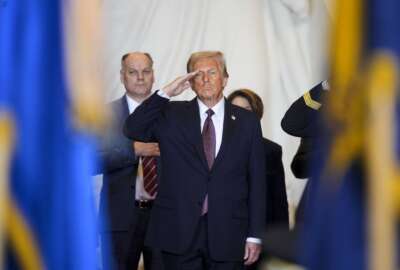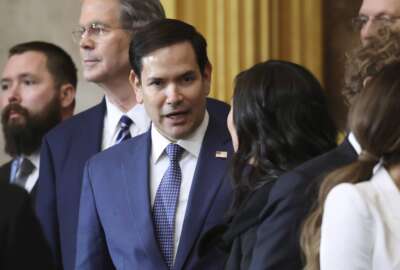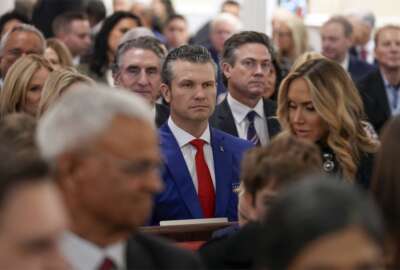Rolling out the welcome mat at the White House happens long before Election Day
Once all the votes are tallied, the President-elect's transition team has only 77 days to learn everything it can from the outgoing administration on matters...
Long before Election Day, the White House is drawing up its preparations for the next President of the United States — whoever that might be.
Once all the votes are tallied, the President-elect’s transition team has only 77 days to learn everything it can from the outgoing administration on matters ranging from national security to personnel staffing.
“It is impossible to stand up a new government within 77 days, so you need to do a fair amount of prep work before that. The problem is you’re often operating in a vacuum in that period of time, before you really have access to the President-elect and what his thoughts are,” said Christopher Lu,
the former executive director Obama-Biden transition project at a Partnership for Public Service panel.
Candidates from both parties organize their transition teams well before the election. Lu said the Obama campaign started its work in May 2008. But it’s a careful balancing act for a presidential candidate in the final — and most crucial — months of their campaigns.
“It’s this constant tension between transitions and campaigns, because ultimately you have to win first, and any time you take away in terms of transition planning is time that could have been spent on the campaign trail,” Lu said.
Presidential transitions are never easy, the panel agreed, but none perhaps had it worse than incoming President Harry Truman, said Martha Kumar, director of the White House Transition Project and author of a new book, “Before the Oath: How George W. Bush and Barack Obama Managed a Transfer of Power.”
“He came into office on Jan. 20, and Roosevelt died in April. And then, all of a sudden, he had to get up to speed,” Kumar said. “He had a tough entry into the presidency, because he didn’t know about the atomic bomb, he had not been kept up to date on anything that was really going on in the administration.”
Clay Johnson III, executive director of the Bush-Cheney presidential transition, said debriefing the incoming President on national security matters is the toughest hurdle to clear.
“The first time that a new President is in the situation room surrounded by his or her advisers should not be when it’s for real,” he said.
The best thing an outgoing administration can do for the President-elect is prepare them for the unpredictable nature of the job.
“I think we’re now seeing a world that’s so volatile that if nothing was going on a year out, that’s no indication that there won’t be two or three gargantuan things going on as we get closer to an election or get closer to a new administration,” Clay said. “So I think the going-in mindset with an outgoing administration is that bad stuff, big stuff, monumental stuff could be going on, and we need to be thinking about how to prepare them to deal with an attack, an economic thing, or a fall of this, increase of that, even though it’s not on anybody’s radar screen now.”
Despite partisan differences, Lu said the transfer of power from Bush to Obama should serve as a model for future transitions.
“I have no complaints, zero complaints, with our relationship with the outgoing [Bush] administration,” he said. “In the meetings we had before Election Day, when it was our transition folks and the McCain transition folks, there was never a sense that they were favoring one versus the other.”
Copyright © 2025 Federal News Network. All rights reserved. This website is not intended for users located within the European Economic Area.
Jory Heckman is a reporter at Federal News Network covering U.S. Postal Service, IRS, big data and technology issues.
Follow @jheckmanWFED






